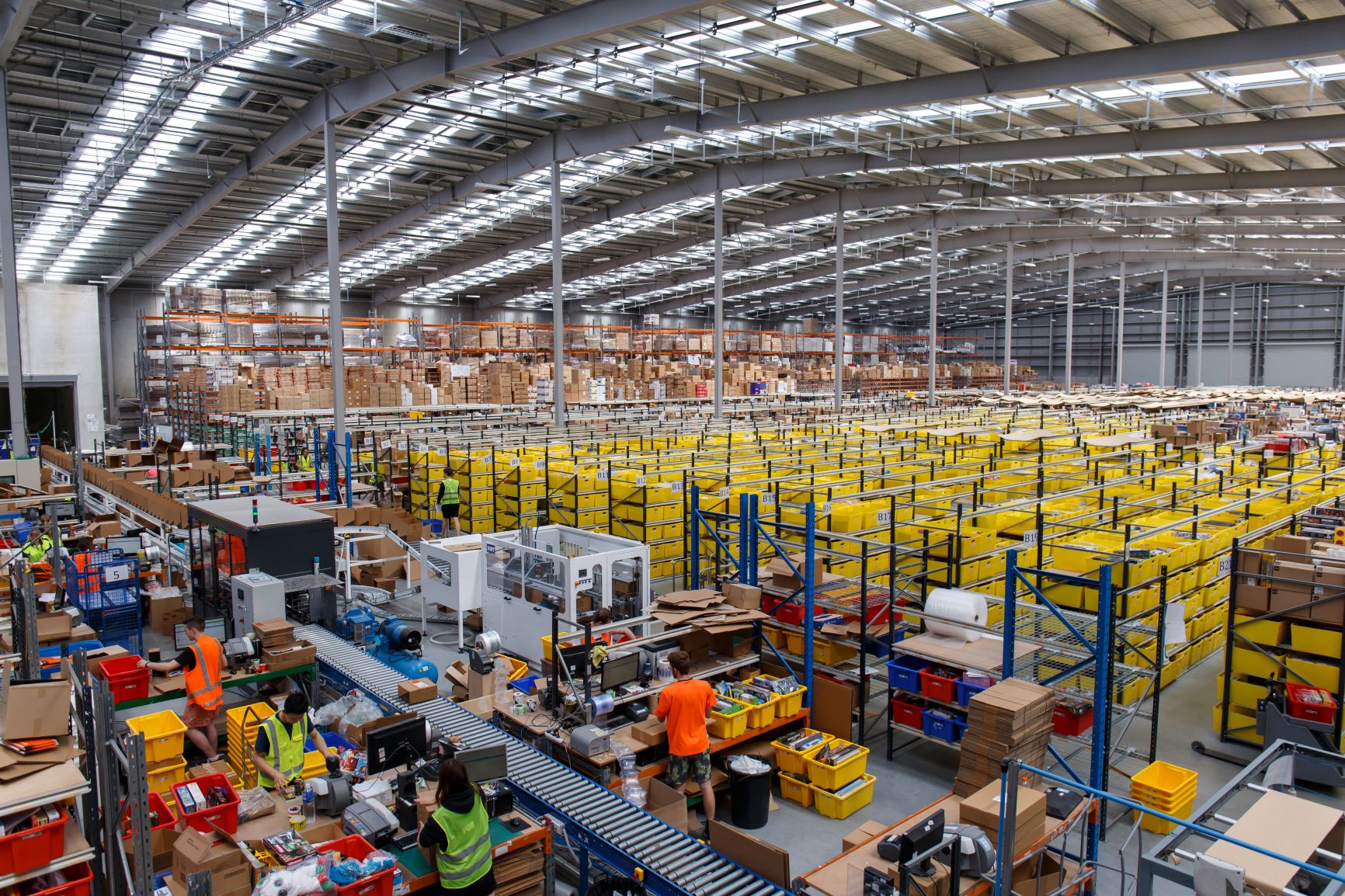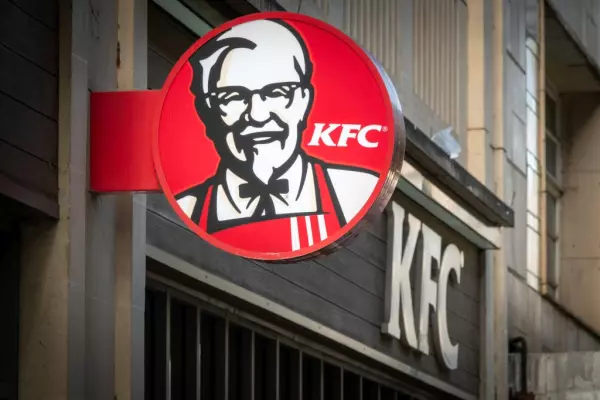Kiwi consumers face higher prices for imported goods as the lack of passenger flights in and out of the country has pushed up air freight prices.
Parallel importer Mighty Ape has seen the cost of air freight rise three-to-five times what it was before the covid-19 pandemic. And while it had managed to keep a lid on prices through the lockdown as it wound down existing stock, dwindling inventories meant consumers would soon face higher prices.
“That is a result of there being around 70 percent less flights coming in, which has massively reduced capacity,” David Greig, operations manager at Mighty Ape, told BusinessDesk.
Mighty Ape works with a wide range of suppliers from NZ, Australia, US, Europe and China, with a significant volume imported via air freight. That channel has become increasingly expensive as passenger flights, which carry some cargo underneath the plane, came to an abrupt halt when borders around the world were closed.
Greig said Mighty Ape had shifted much of its air freight from local providers to international couriers, such as DHL and Fed Ex, who operate their own dedicated cargo flights. That had given the company more consistent results although prices were still elevated.
“As their volumes increase, they are no longer offering economy services, there are covid-surcharges and their routeing has gotten a lot more complicated these days,” he said.
The flow-on effects from surging freight costs were yet to hit Mighty Ape consumers, but Greig warned that prices would rise as more expensive stock began being distributed.
“We have freight that had arrived just before or during lockdown,” he said. “As the stock we had previously flows through, the more expensive stock will start hitting our warehouse and we’ll see some price changes happen.”
The impact on the cost of consumer goods varied across products. Greig said he'd seen landed costs on some products up as much as 10-to-15 percent but that those numbers wouldn't be applicable across the board.
"Changes in landed costs also do not necessarily result in a direct percentage or immediate increase in consumer retail pricing either as we would often seek to absorb these costs if possible," he said.
The importer had been adapting to limit the price hikes by shifting some of its supply to sea freight where increases were much less pronounced.
Government money adds capacity
Before the pandemic, New Zealand would have had seen more than 600 weekly flights, but that dropped to just 90 when the border was closed.
The government allocated $330 million to guarantee international airfreight capacity on key routes, underwriting the minimum cost of cargo flights, so carriers could then offer that capacity directly to freight customers on commercial terms.
While this has gone some way to creating capacity - the Ministry of Transport said it had added 56 international cargo flights from New Zealand each week - it was unclear whether it had done much to slow the enormous price increase.
A spokesperson for Air New Zealand said the scheme had been extremely effective in enabling exporters and importers to access air cargo services into the majority of key international markets at "affordable price levels." However, losing 95 percent of international capacity mean cargo-only services needed a "rate premium."
Brent Lewers, the ministry’s transport connectivity manager, said market rates for air freight had increased and were expected to stay above pre-covid rates due to the disruption of passenger flights.
“The situation is expected to improve as international border restrictions are eased and demand for international travel resumes, or the market adapts in other ways,” he said.
Freightways general manager Neil Wilson said the increased capacity had gone some way towards stabilising prices.
Prior to the government underwrite, individual freight forwarders were chartering Boeing Dreamliners and trying to make the economics of a cargo flight work, he said.
“Before the scheme was put in place the prices fluctuated wildly, since the Ministry has put the scheme in place that seems to have largely disappeared,” he said.
Freightways had begun operating overnight trans-Tasman flights under the government’s scheme operating services to Sydney and Melbourne out of Auckland and Christchurch.
Wilson said the main difficulties were for exporters who needed specific flight times for perishable goods like fresh fish. For them, the overnight flights weren’t useful, and they didn’t have enough tonnage to charter a midday flight.
The whole year has been disrupted
Mighty Ape’s Greig said they were hopeful air freight prices would begin to ease as trans-Tasman passenger flights resumed and more international routes opened up.
“We are expecting things may loosen off a little bit and there are more options coming through now with our freight forwarders, we are able to get charter flights booked in but those are two-to-three times more expensive than they used to be as well,” he said.
However, import disruption will continue for the rest of the year. The months of manufacturing lost to lockdowns in China and Europe will cause extended periods of supply chain complications.
Every year during Chinese New Year a couple of weeks of manufacturing downtime causes a month-long interruption to the supply chain.
“A short window of manufacturing halt in China causes a much wider period of disruption, so that problem has been exacerbated and there are similar things happening in other industries,” he said.













